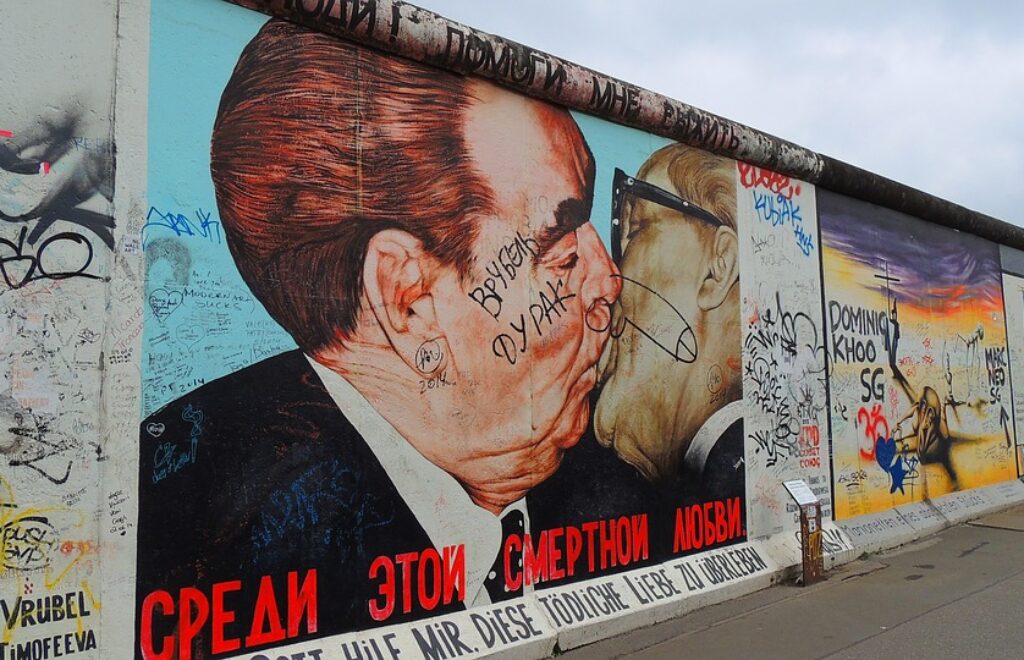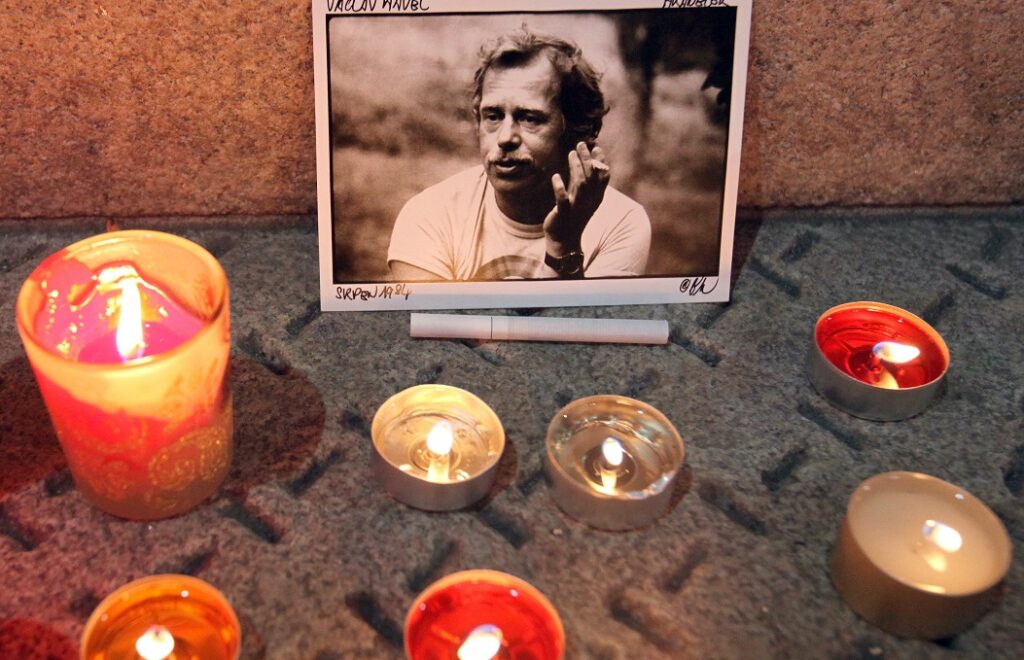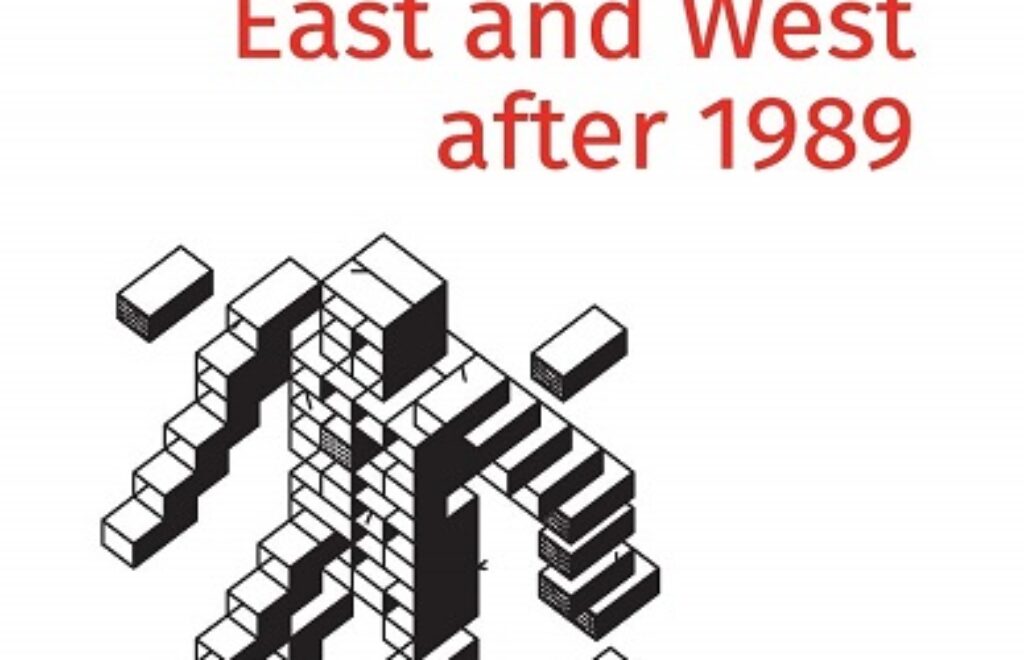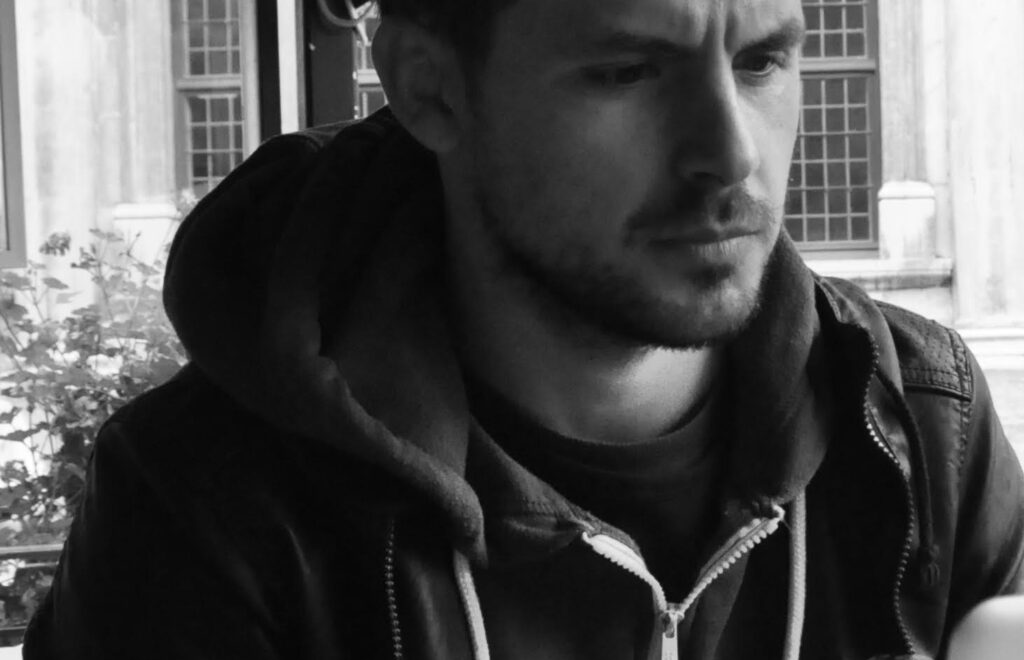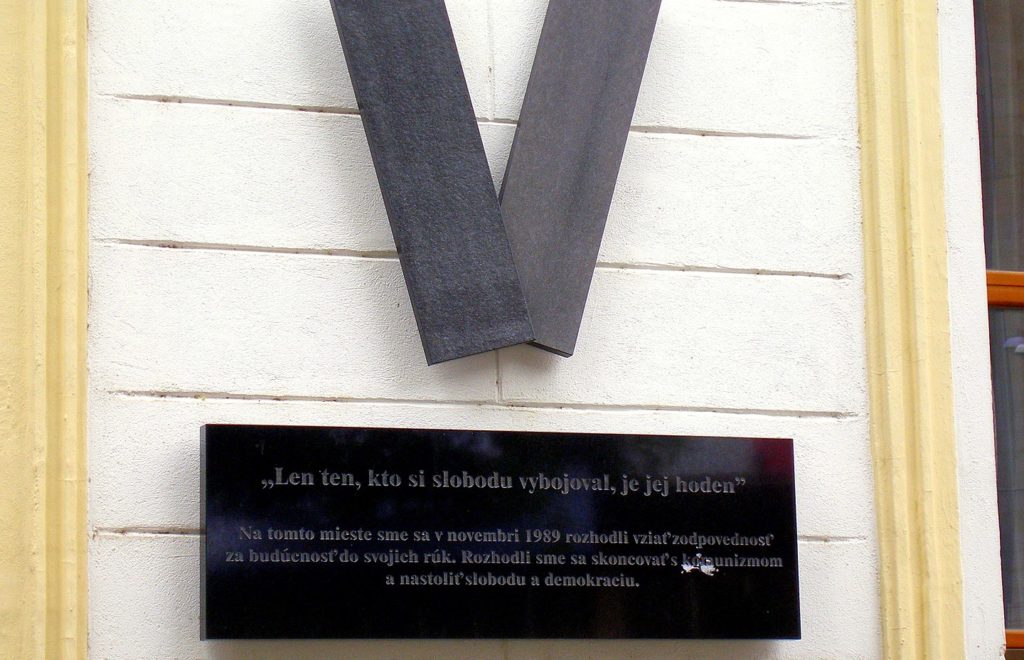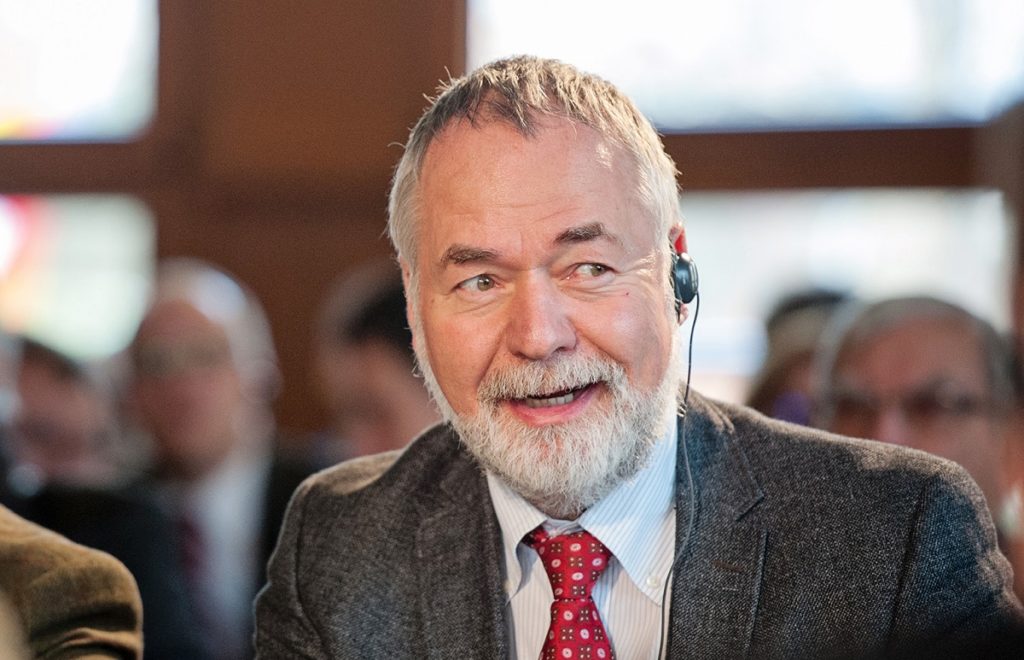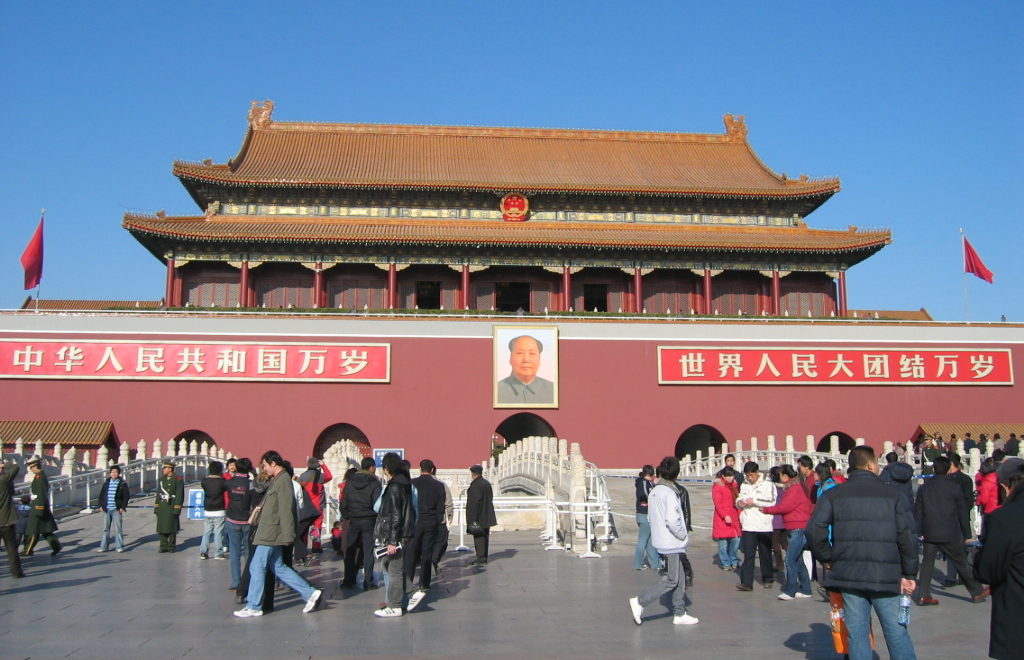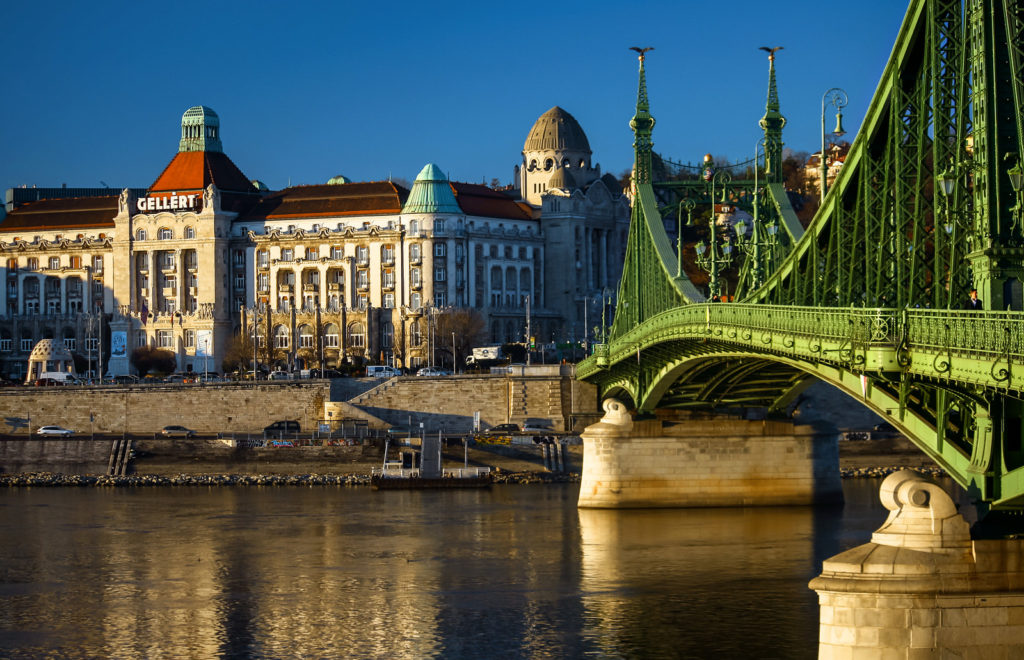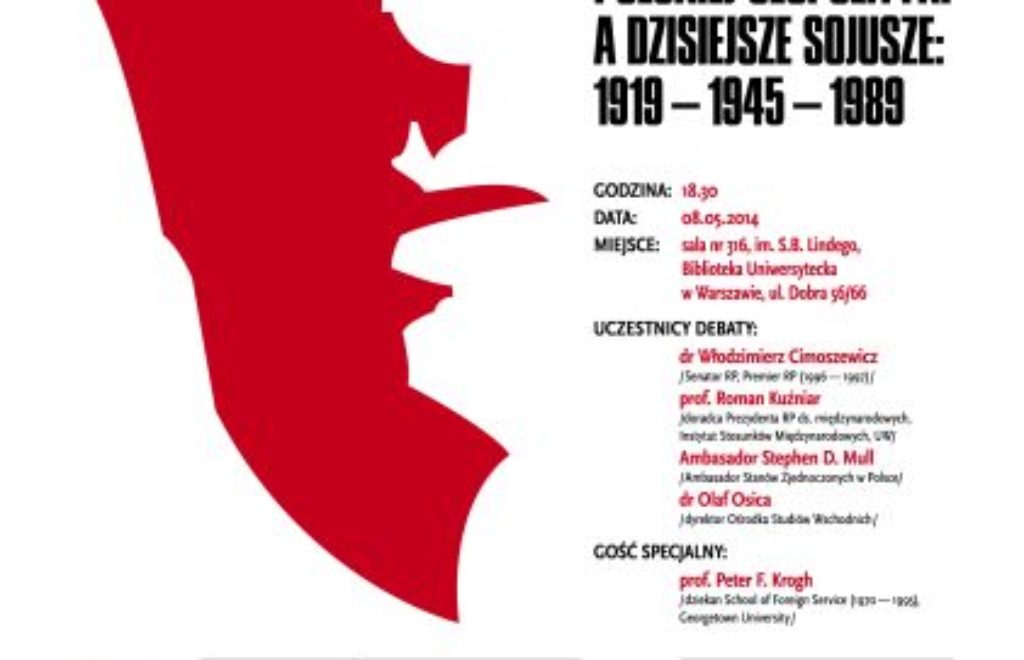A History of Europe Fraught in Contradictions: 1989–2021
On New Year’s Eve 1989 I was standing on Wenceslas Square, Prague, in the midst of a crowd of hundreds of thousands. We were celebrating the country’s recently won freedom and chanted “Václav Havel to the Hradčany” – as president. Only four years earlier, I had been arrested and expelled from the country due to my contacts with civil rights activists. Later, I was in Poland and kneeled at the grave of Jerzy Popiełuszko, the priest who had been murdered by members of the secret police in 1984. In 1988 and 1989 I lived for many months in perestroika Moscow and there, at the very centre of the Soviet empire, I witnessed an exhilarating freedom movement across all countries of the “Warsaw Pact”.
December 1, 2021 - Wolfgang Eichwede


